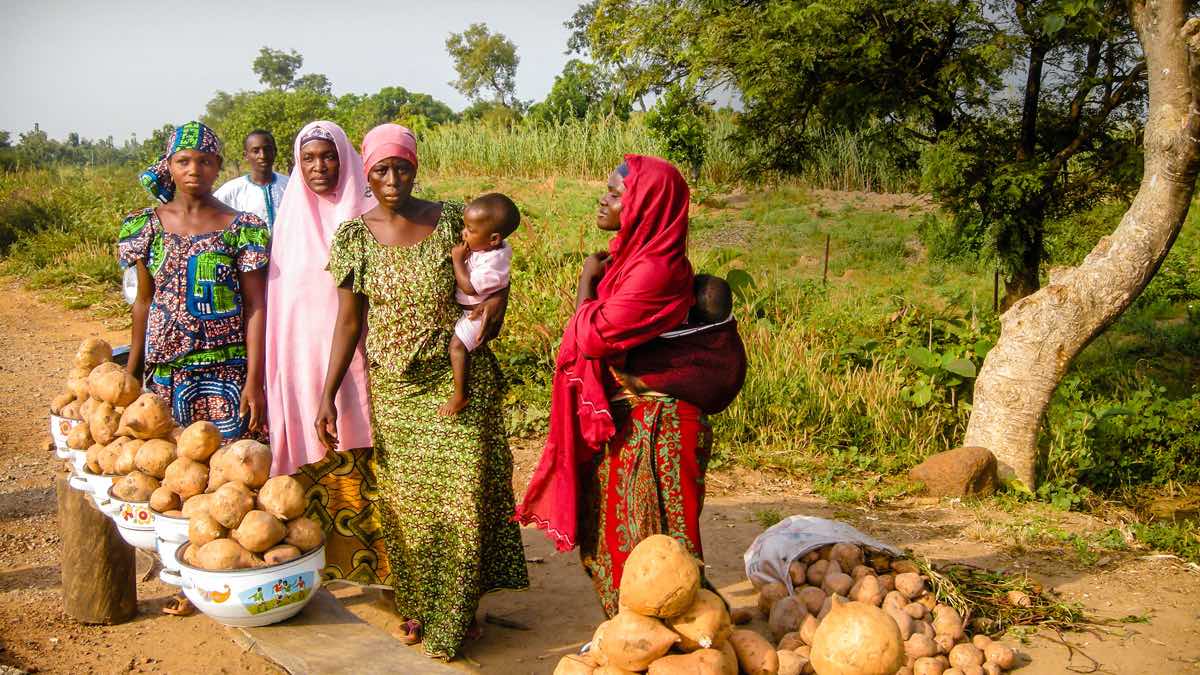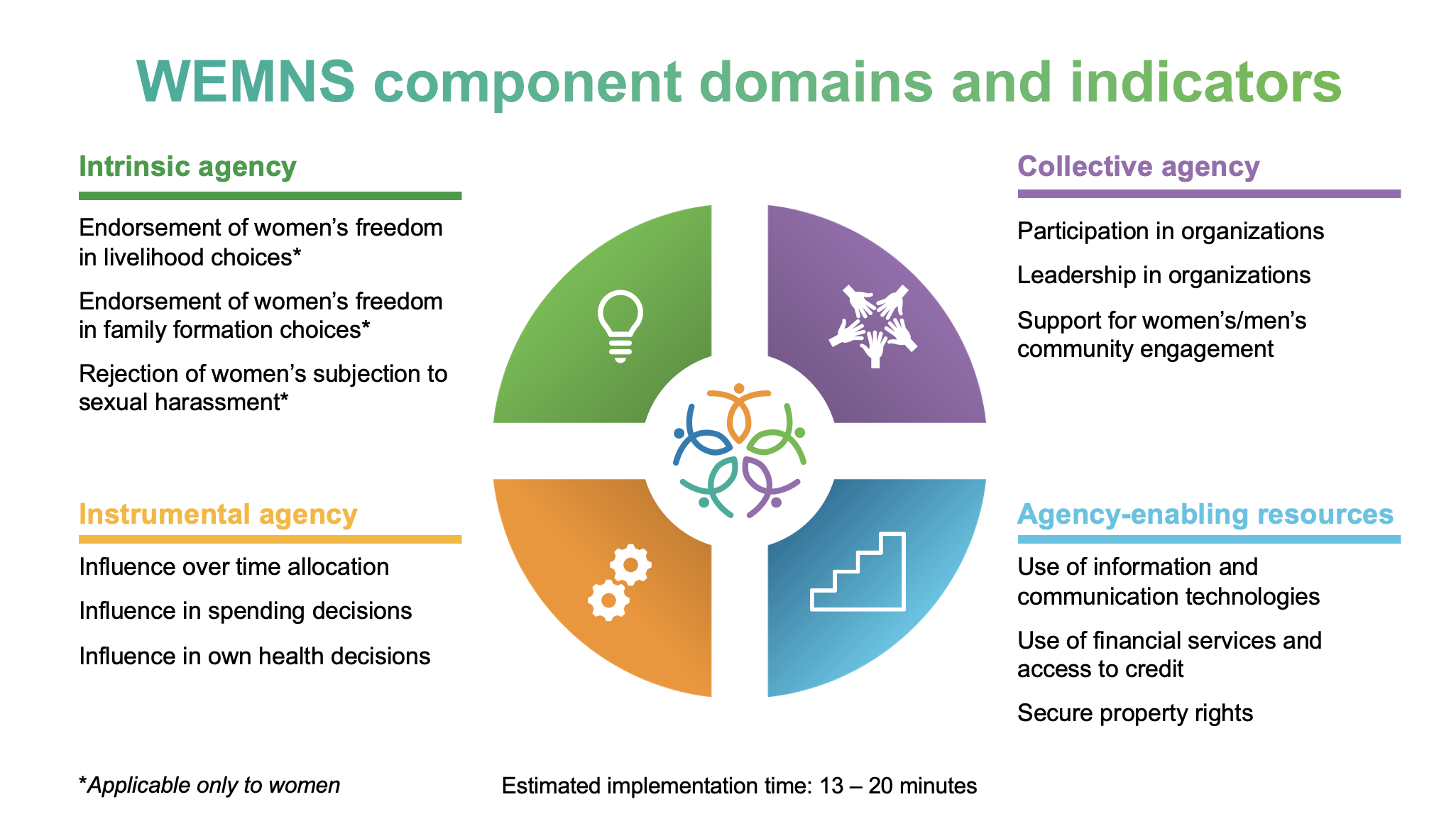On July 20, the United Nations announced that the persistent, widespread drought in the Horn of Africa has led to famine in two areas of Somalia. The region is experiencing acute malnutrition rates of 30 percent or higher among children, inadequate access to food and water, and mortality rates greater than two people per 10,000. In the face of such dire circumstances, Somalis have fled the country by the thousands, gathering in refugee camps in Ethiopia and Kenya—both countries with areas also dealing with serious drought. This is not the first time the Horn of Africa has experienced incredible suffering, and unless something is done to make these countries strong and stable, it probably will not be the last. History has proven that simply offering food aid is not enough. Taking action to address both the immediate and long-term effects of the drought-induced crisis could create the strength and stability the region needs.
IFPRI Director General Shenggen Fan’s appeal for action in the Horn of Africa







